Arrays in C Language
Suppose you want to store the 10 numbers. The one choice is to create a 10 different variable but it is difficult when number of variable are increases. So the next solution that is more feasible is array. An array is the collection of various similar type elements stored in contiguous memory locations. All the array elements share the common name. To uniquely identify each element an index or subscript is associated with the element. so the array is also known as subscript variable . In the given figure arrangement of array elements are shown. The address of the first element is 100. If the given array is of type integer and integer occupies 2 bytes then the next element in the array has address 102,104 etc as given in the figure. How to access array elements using subscript operator it is also shown in the given figure. Array index always start with 0. To access array element subscript operator is used.[] is called subscript operator.a[0] read a of 0 or 0th element of a C...
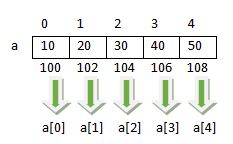

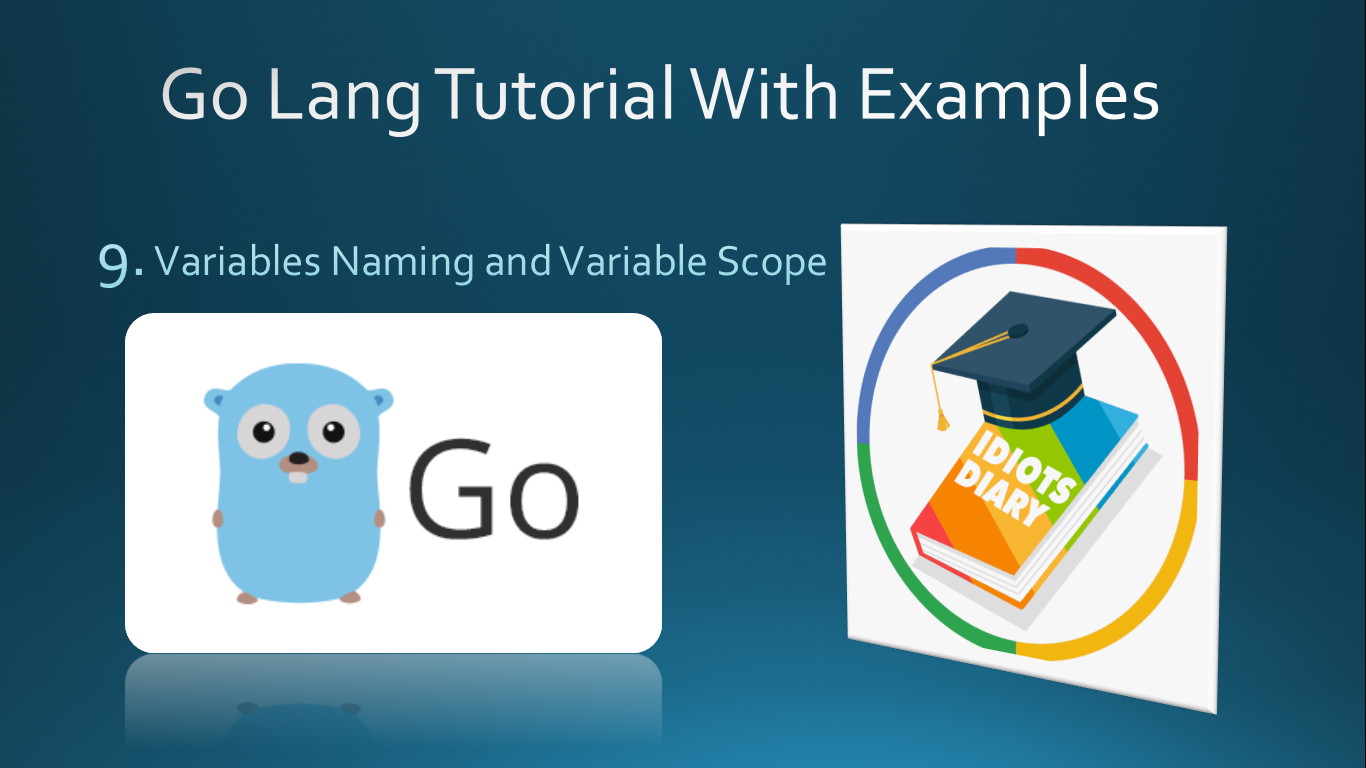
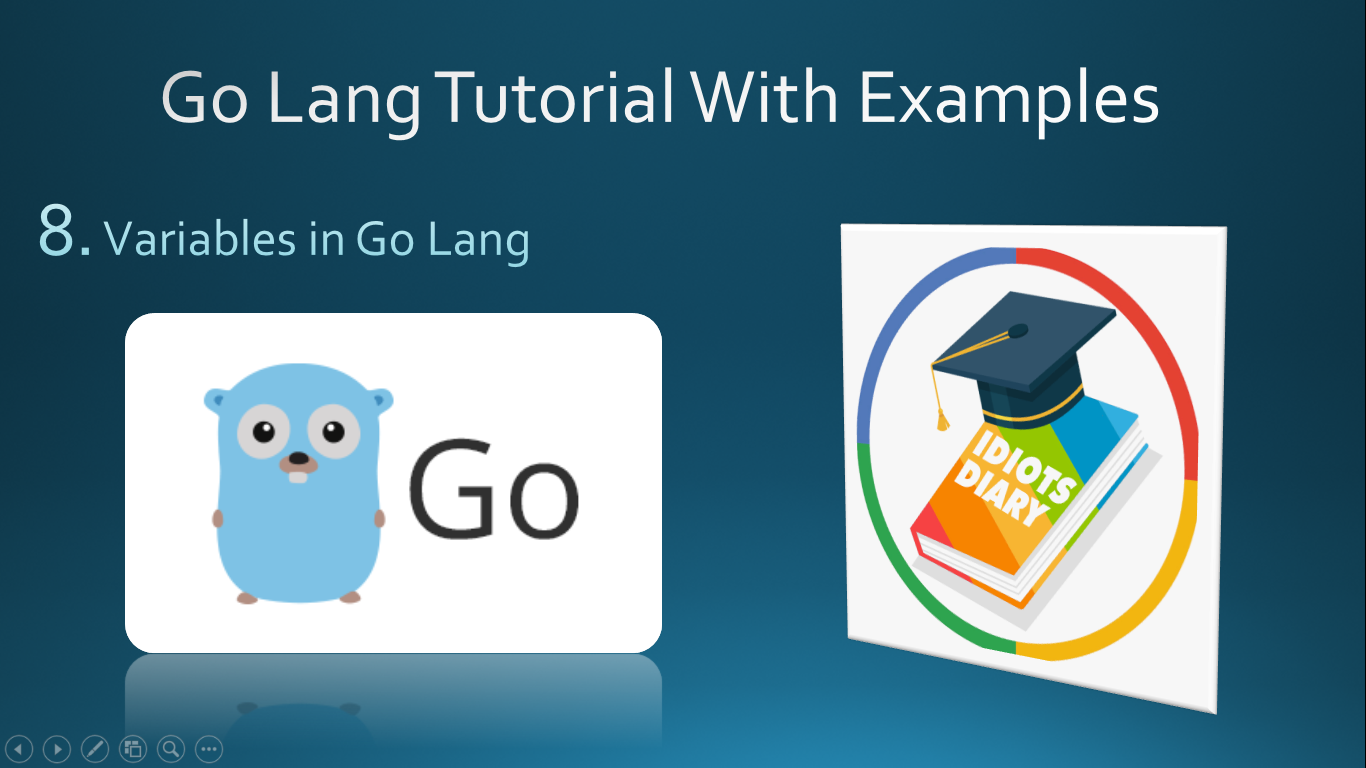

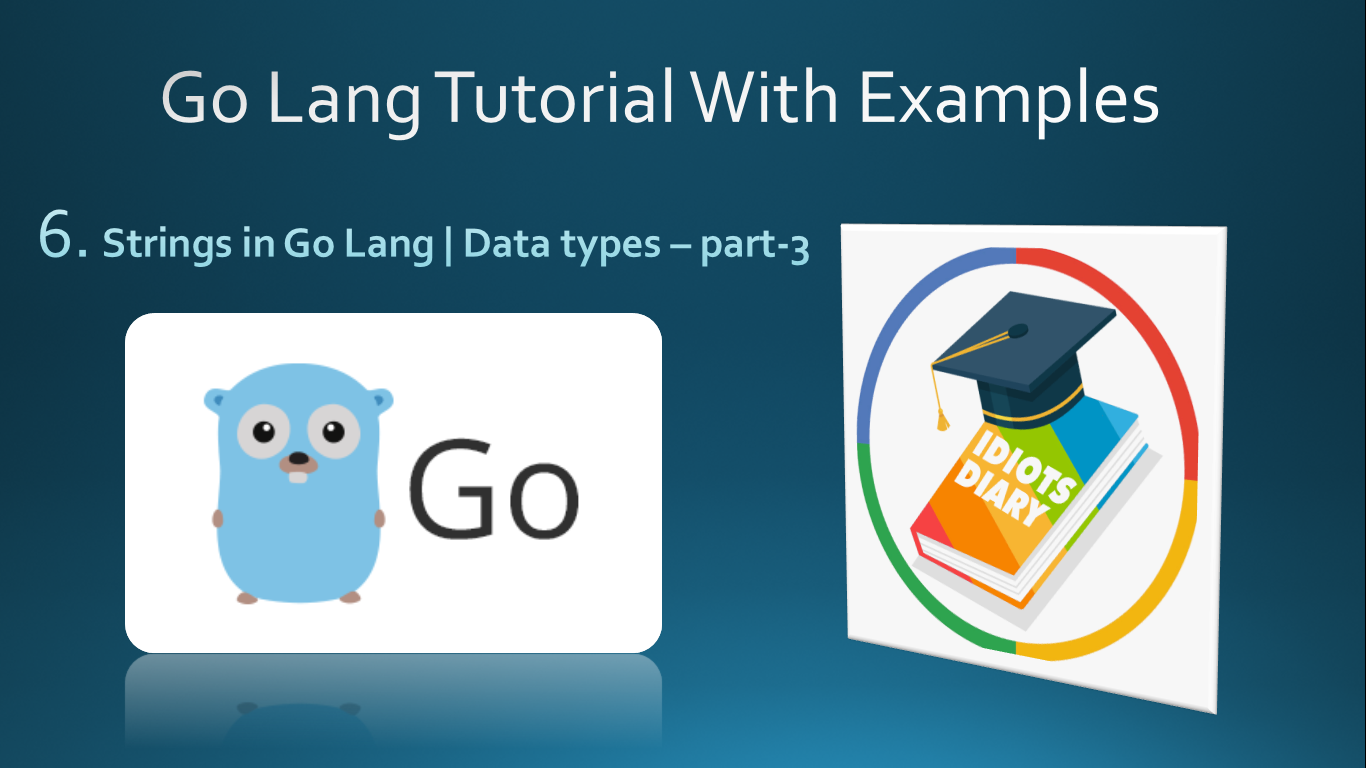

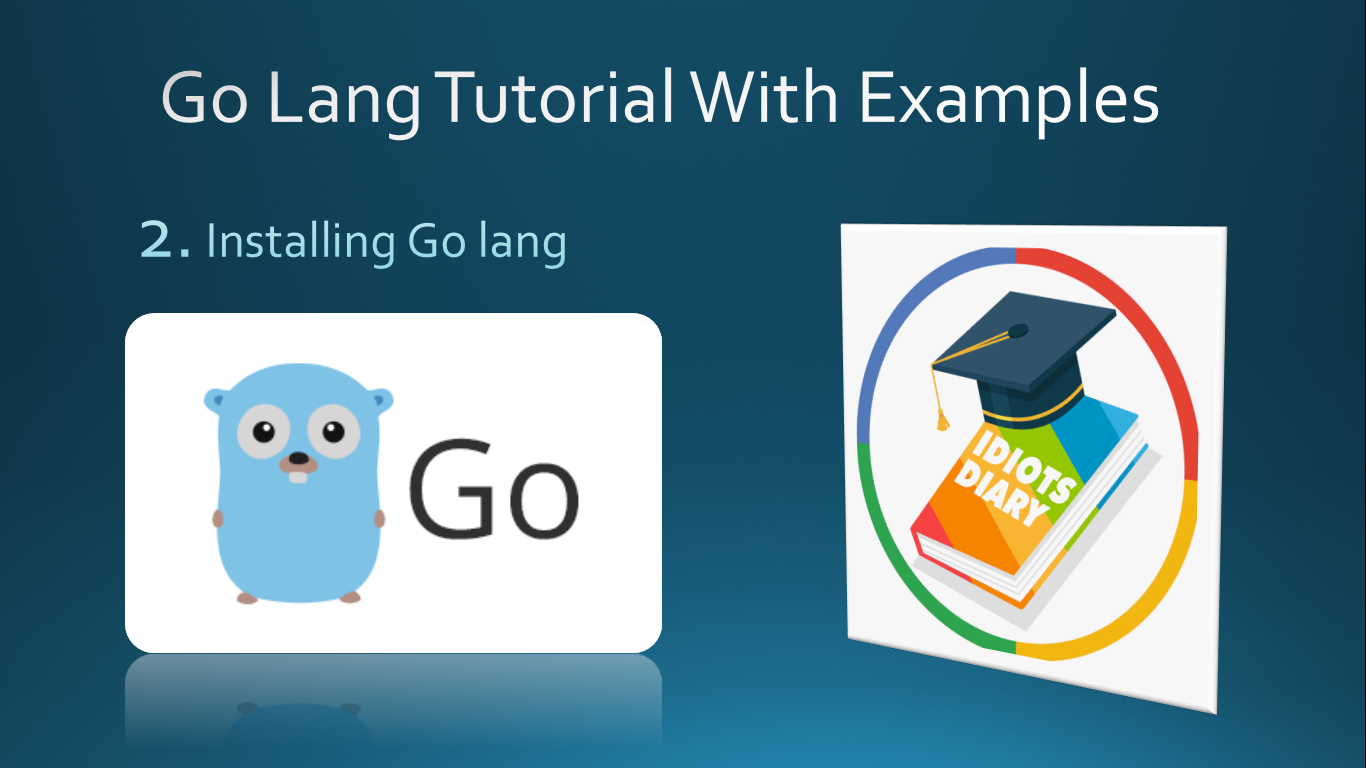
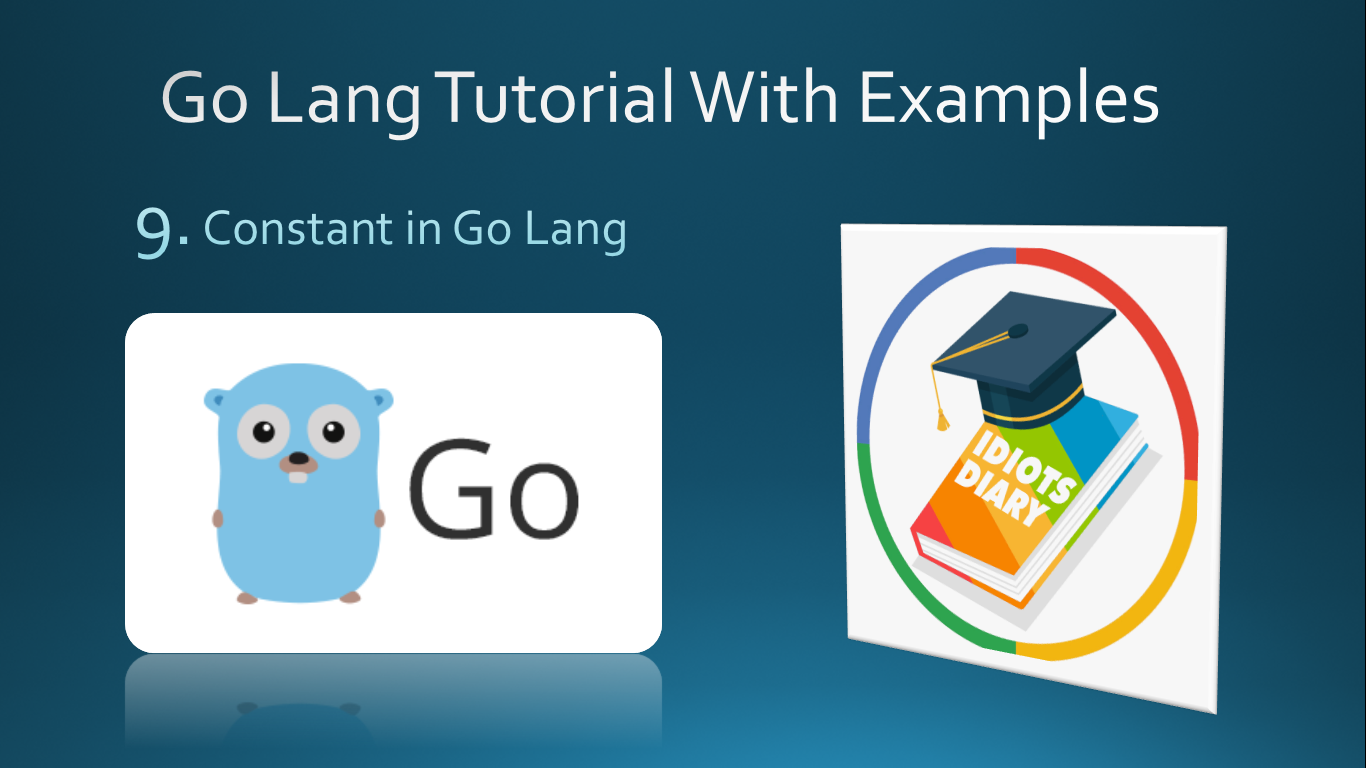
Comments